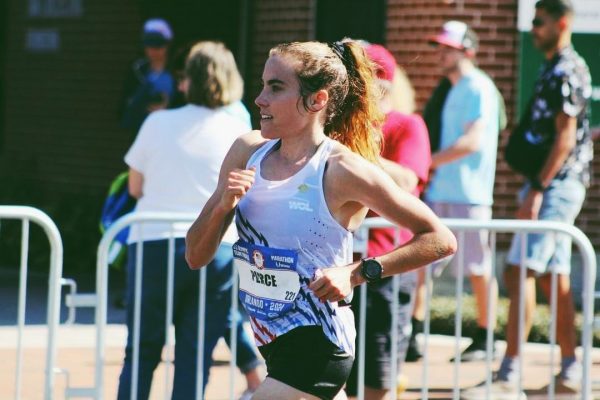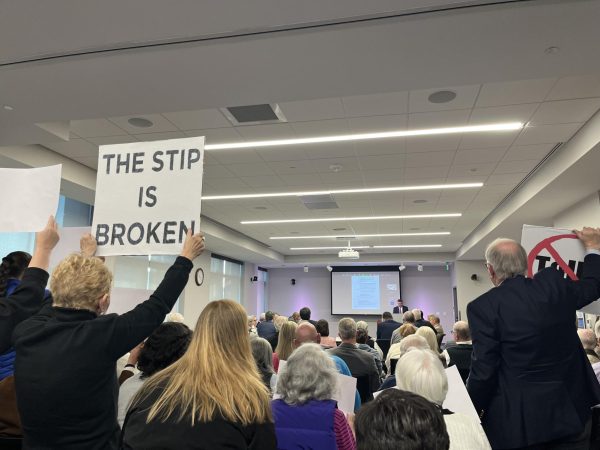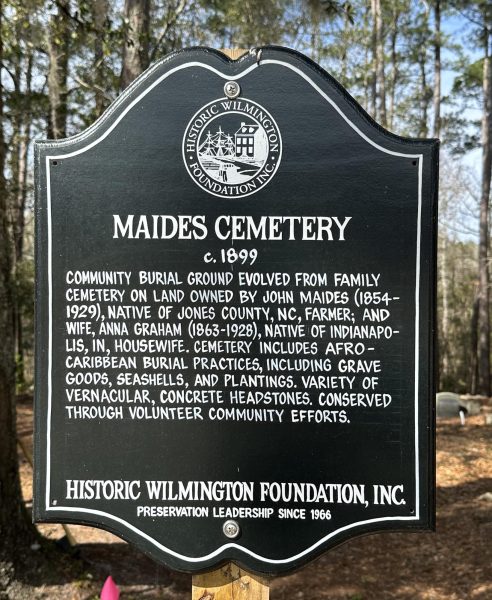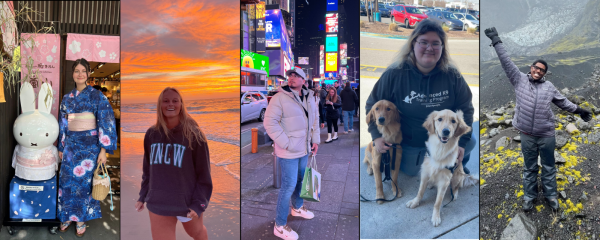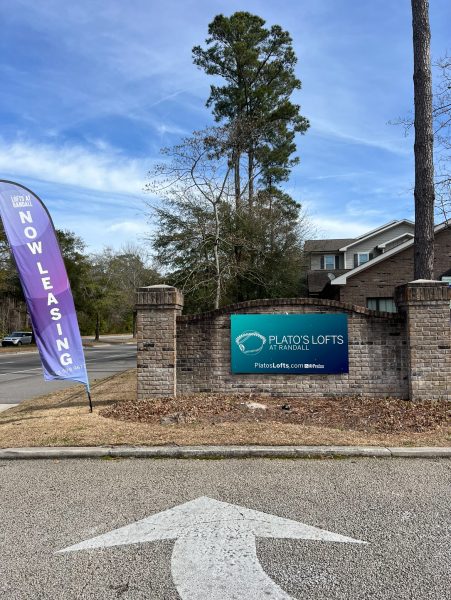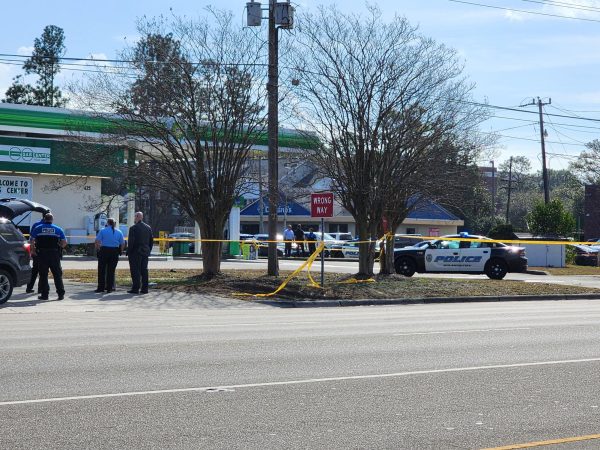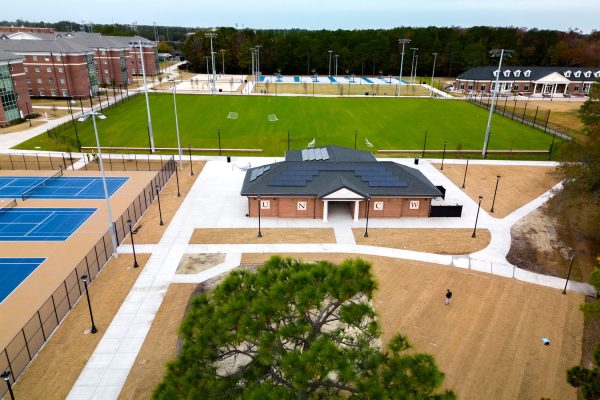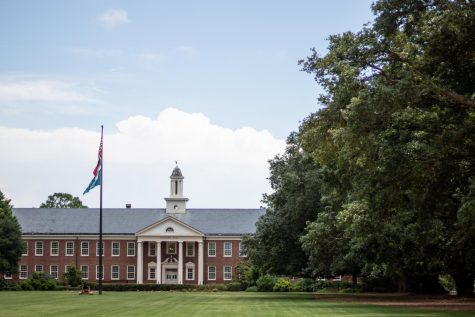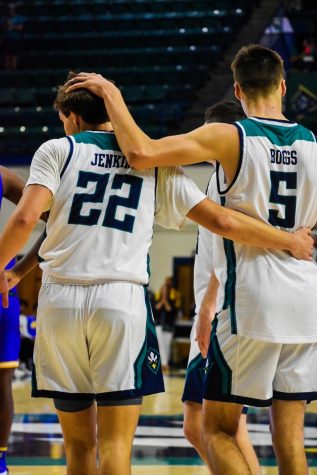Constitution Day
September 24, 2014
On Constitution Day, the UNC Wilmington Honors College, in collaboration with the Upperman African American Cultural Center, hosted a panel discussion on the events surrounding the shooting of 18-year-old Michael Brown in Ferguson, Missouri.
“Our purpose is to talk about the constitution,” […] we would like to discuss the police’s use of deadly force and racial bias […] militarization of policing and aggressive police patrol […] and the erosion of the Fourth Amendment,” Kimberly Cook, UNCW professor of sociology and criminology said.
However, the panel was missing a key element in trying to address these issues: the opinion of a police officer.
In fact, when I questioned the panel regarding the lack of police presence (which came as a shock to the audience when pointed out) to weigh in on the tragedy surrounding the events of Ferguson I was referred to the woman sitting behind me- Jennifer Horan, one of the organizers, Assistant Director of Honors, and professor.
“We are going to have the District Attorney here on Monday,” Horan said,not finishing her original thought.
“He’s not a police officer.” I stated.
“No, he’s not a police officer,” Horan said. “So basically what I decided was that this was about the constitution, and I would get as many community activists as I did but I chose not to reach out to the police department.”
“So the police department shouldn’t have a voice here?” I asked.
“ Well—they probably should have a voice here,” Horan said.
So, the question is: why didn’t the Honors College reach out to anyone of the 33 full-time police officers at UNCW, or perhaps one of the 250 police officers that work for the Wilmington Police Department?
Convenience: that’s the answer from the Honors College at UNCW as to why there was not a representative from a police department sitting on this panel about, you know, the conduct of police officers. Convenience.
I am pondering how inconvenient it is to simply pick up a telephone or send an email to a Police Department?
The point in my objection was this: the panel was hosting a discussion on the tactics, techniques, and procedures of the police department in Ferguson, Missouri, without having invited an actual police officer to speak on the matter.
“But this is Constitution Day,” Cook said.
My immediate response was, “Are police officers not charged with upholding the standards of the constitution?
Surprising fact: they are.
Under Article VI, Sec. 7, of the North Carolina General Statutes Constitution, police officers recite the following:
“I do solemnly swear or affirm that I will support and maintain the Constitution and laws of the United States, and the Constitution and laws of North Carolina not inconsistent therewith, and that I will faithfully discharge the duties of my office as a police officer, so help me God.”
So, what’s the take away here? That the panel did not want a balanced discussion on the events surrounding Ferguson. That they stacked the deck in one direction in order to achieve sensationalism, using the events in Ferguson to further their own ideology. That the tragedy in Ferguson deserves to be examined with multiple microscopes from multiple perspectives.
The purpose of an academic discussion is to promote critical thinking and contrasting points-of-view, not biased narratives based on inconclusive facts, to be presented to the audience as truth. The laziness displayed by not having all sides represented restricted the learning process of those in attendance.
As students, substandard work is not accepted or tolerated at UNCW; this is a mindset that should work both ways, especially in an institution that brands itself with the title “Honors College.”







